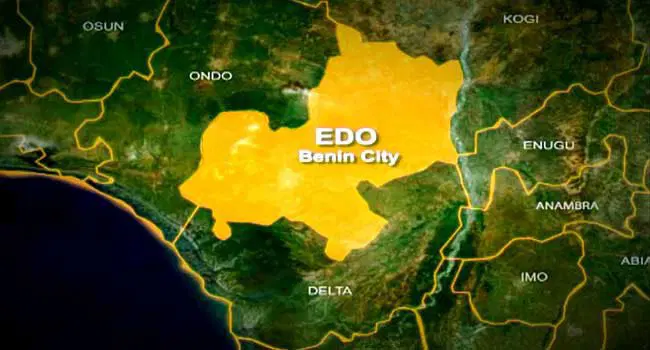The recent Edo State election serves as a potent reminder of the ever-shifting landscape of Nigerian politics. While the victors celebrate and the vanquished lament, a deeper analysis reveals a compelling narrative that transcends the immediate outcome. This article delves into the post-election discourse, exploring the urgent need for political parties to engage in critical self-reflection and implement structural reforms, rather than resorting to convenient scapegoating and misleading narratives.
Beyond the Blame Game: Seeking Truth in the Aftermath
The Edo election, like many before it, ignited a familiar post-election firestorm, with accusations of rigging and electoral misconduct echoing through the political sphere. However, these accusations often serve as a smokescreen, diverting attention from the real issues at play. It is essential to move beyond the blame game and acknowledge the complex dynamics that influence electoral outcomes.
The Imperative of Introspection: Addressing Systemic Flaws
The Edo election, like many before it, ignited a familiar post-election firestorm, with accusations of rigging and electoral misconduct echoing through the political sphere. However, these accusations often serve as a smokescreen, diverting attention from the real issues at play. It is essential to move beyond the blame game and acknowledge the complex dynamics that influence electoral outcomes.
A central challenge lies in the systemic flaws within political parties themselves. The tendency to prioritize partisan interests over the integrity of the electoral process is deeply ingrained. This is evident in the widespread practice of deploying temporary, transactional party agents driven by monetary gain rather than genuine commitment to the party platform. This undermines the very foundations of democratic representation, as these agents are susceptible to manipulation and often prioritize personal gain over the interests of their candidates.
INEC’s Reforms and the Power of the People: A New Era of Electoral Integrity
While the focus often falls on INEC, it’s crucial to acknowledge the significant strides made in enhancing electoral integrity. Technological advancements like the Bimodal Voter Accreditation System (BVAS) have significantly reduced the potential for rigging and fraud, empowering voters and ensuring that results reflect the true will of the people.
The era of widespread ballot snatching, voter intimidation, and the use of multiple Permanent Voter Cards (PVCs) has largely been addressed through INEC’s reforms and innovations. This signifies a shift in power dynamics, with voters now holding a greater ability to shape electoral outcomes. However, the question remains: will this newfound power be wielded responsibly?
The Shadow of Vote Buying: A Persistent Challenge
The persistent challenge of vote buying casts a long shadow over the electoral process. While INEC has implemented measures to curb outright fraud, the temptation to purchase votes persists. This highlights the need for continued voter education and awareness campaigns, alongside a concerted effort by political parties to acknowledge the illegality of vote buying and to shift their focus toward engaging with voters on policy platforms and genuine issues.
The Role of Media and Civil Society Organizations
The media and civil society organizations play a vital role in promoting electoral integrity and holding political actors accountable. They must continue to educate voters about their rights and responsibilities, expose instances of malpractice, and advocate for fair and transparent elections.
A Complex Political Landscape: Edo’s Case Study
The Edo election unfolded against a backdrop of complex political maneuvering and deep-seated historical dynamics. The legacy of political godfathers, the influence of traditional institutions, and the pervasiveness of identity politics all played a role in shaping the outcome.
Obaseki’s political strategy, his strained relationship with the Oba of Benin Palace, and the ongoing internal struggles within the PDP contributed to the party’s loss. However, it’s important to acknowledge that Edo voters have demonstrated their willingness to reject the influence of political godfathers and to prioritize their own interests.
The Need for a Paradigm Shift: Beyond Short-Term Gains
The Edo election serves as a stark reminder that Nigeria’s political landscape is in a state of flux. The days of relying on old tactics and manipulating the system are fading.
Political parties must embrace a paradigm shift, prioritizing long-term engagement with voters, building trust, and addressing the systemic issues that hinder the growth of a truly democratic society. The focus must shift from securing short-term gains to fostering a robust, inclusive, and participatory political system that serves the best interests of all Nigerians.
The road to a truly democratic Nigeria is long and complex. But by acknowledging the need for introspection, implementing meaningful reforms, and promoting a culture of accountability, we can inch closer to a future where elections reflect the genuine will of the people and contribute to a more just and prosperous nation.
